What do physicists mean when they talk about nothing?
August 15, 2018 by Martin Rees, The Conversation
Philosophers have debated the nature of "nothing" for thousands of years, but what has modern science got to say about it? In an interview with The Conversation, Martin Rees, Astronomer Royal and Emeritus Professor of Cosmology and Astrophysics at the University of Cambridge, explains that when physicists talk about nothing, they mean empty space (vacuum). This may sound straightforward, but experiments show that empty space isn't really empty – there's a mysterious energy latent in it which can tell us something about the fate of the universe.
Q: Is empty space really the same as nothing?
A: Empty space seems to be nothing to us. By analogy, water may seem to be nothing to a fish – it's what's left when you take away all the other things floating in the sea. Likewise, empty space is conjectured to be quite complicated.
We know that the universe is very empty. The average density of space is about one atom in every ten cubic metres – far more rarefied than any vacuum we can achieve on Earth. But even if you take all the matter away, space has a kind of elasticity which (as was recently confirmed) allows gravitational waves – ripples in space itself – to propagate through it. Moreover, we've learned that there is an exotic kind of energy in empty space itself.
Q: We first learned about this vacuum energy in the 20th century with the rise of quantum mechanics, which governs the tiny world of atoms and particles. It suggests that empty space is made up of a field of fluctuating background energy – giving rise to waves and virtual particles that pop into and out of existence. They can even create a tiny force. But what about empty space on large scales?
A: The fact that empty space exerts a large-scale force was discovered 20 years ago. Astronomers found that the expansion of the universe was accelerating. This was a surprise. The expansion had been known for more than 50 years, but everyone expected that it would be slowing down because of the gravitational pull that galaxies and other structures exert on each other. It was therefore a big surprise to find that this deceleration due to gravity was overwhelmed by something "pushing" the expansion. There is, as it were, energy latent in empty space itself, which causes a sort of repulsion which outweighs the attraction of gravity on these large scales. This phenomenon – dubbed dark energy – is the most dramatic manifestation of the fact that empty space is not featureless and irrelevant. Indeed it determines our universe's long term fate.
Q: But is there a limit to what we can know? At a scale of a trillion trillion times smaller than an atom, quantum fluctuations in spacetime can give rise to not just virtual particles, but to virtual black holes. This is a range that we cannot observe, and where we have to combine theories of gravity with quantum mechanics to probe what happens theoretically – something that's notoriously difficult to do.
: There are several theories that aim to understand this, the most famous being string theory. But none of these theories have yet engaged with the real world – so they are still untested speculation. But I think nearly everyone accepts that space itself could have a complicated structure on this tiny, tiny scale where gravitational and quantum effects meet.
We know that our universe has three dimensions in space: you can go left and right, backwards and forwards, up and down. Time is like a fourth dimension. But it's a strong suspicion that if you were to magnify a little point in space so that you were probing this tiny, tiny scale … you would find that it is a tightly wound origami in about five extra dimensions that we don't see. It's rather as when you look at a hosepipe from a long way away, you think it is just a line. But when you look closer, you see that one dimension was in fact three dimensions. String theory involves complex mathematics – so do the rival theories. But that's the kind of theory we're going to need if we are to understand at the deepest level the nearest to nothingness that we can imagine: namely empty space.
Q: Within our current understanding, how can we explain our entire universe expanding from nothing? Could it really just start off from a bit of fluctuating vacuum energy?
A: Some mysterious transition or fluctuation could have suddenly triggered a part of space to expand – at least that's what some theorists think. The fluctuations intrinsic to quantum theory would be able to shake the entire universe if it were squeezed to a sufficiently tiny scale. That would happen at a time of about 10-44 seconds – what's called the Planck time. That's a scale when time and space are intertwined so that the idea of a clock ticking away makes no sense. We can extrapolate our universe with high confidence back to a nanosecond, and with some confidence right back much closer to the Planck time. But thereafter, all bets are off because … physics on this scale has to be superseded by some grand, more complicated theory.
Q: If it is possible that a fluctuation of some random part of empty space gave rise to the universe, why couldn't exactly the same thing happen in another part of empty space – giving birth to parallel universes in an infinite multiverse?
A: The idea that our Big Bang is not the only one and that what we see with our telescopes is a tiny fraction of physical reality is popular among many physicists. And there are many versions of a cyclic universe. It was only 50 years ago that strong evidence for a Big Bang first emerged. But there have ever since been speculations about whether this is just an episode in a cyclic universe. And there's been growing traction for the concept that there's far more to physical reality than the volume of space and time that we can probe – even with the most powerful telescopes.
So we've no idea whether there was one Big Bang or many – there are scenarios which predict many Big Bangs and some which predict one. I think we should explore them all.
Q: How will the universe end?
A: The most straightforward long range forecast predicts that the universe goes on expanding at an accelerating rate, becomes ever emptier and ever colder. The particles in it may decay, making the dilution proceed indefinitely. We would end up with, in a sense, a huge volume of space, but it would be even emptier than space is now. That is one scenario, but there are others that involve the "direction" of dark energy reversing from repulsion to attraction, so that there will be a collapse to a so-called "Big Crunch", when the density heads towards infinity again.
There's also an idea, due to physicist Roger Penrose, that the universe goes on expanding, becoming ever more dilute, but somehow – when it's got nothing in it apart from the photons, particles of light – things can be "re-scaled," so that after this huge dilution, space becomes in a sense the generator of some new Big Bang. So that's a rather exotic version of the old cyclic universe – but please don't ask me to explain Penrose's ideas.
Q: How confident are you that science can ultimately crack what nothing is? Even if we could prove that our universe started from some strange fluctuation of a vacuum field, don't we have to ask where that vacuum field came from?
A: Sciences try to answer questions, but every time we answer them, new ones come into focus – we'll never have a complete picture. When I was starting research in the late 1960s, it was controversial whether there had been a Big Bang at all. Now that's no longer controversial, and we can say with about 2% precision what the universe was like all the way back from the present 13.8 billion years to a nanosecond. That is huge progress. So it's not absurdly optimistic to believe that in the next 50 years, the challenging issues about what happens at the quantum or "inflationary" eras will be understood.
But of course this raises another question: how much of science is going to be accessible to the human brain? It could turn out, for instance, that the mathematics of string theory is in some sense a correct description of reality, but that we will never be able to understand it well enough to check it against any genuine observation. Then we may have to await the emergence of some kind of post-humans to get a fuller understanding.
But everyone who ponders these mysteries should realise that the physicist's empty space – vacuum – is not the same as the philosopher's "nothing."
Explore further: Solving one of nature's great puzzles: What drives the accelerating expansion of the universe?
Read more at: https://phys.org/news/2018-08-physicists.html#jCp
ゼロ除算の発見は日本です:
∞???
∞は定まった数ではない・
人工知能はゼロ除算ができるでしょうか:
とても興味深く読みました:2014年2月2日 4周年を超えました:
ゼロ除算の発見と重要性を指摘した:日本、再生核研究所
ゼロ除算関係論文・本
ダ・ヴィンチの名言 格言|無こそ最も素晴らしい存在
ゼロ除算の発見はどうでしょうか:
Black holes are where God divided by zero:
再生核研究所声明371(2017.6.27)ゼロ除算の講演― 国際会議
https://ameblo.jp/syoshinoris/entry-12287338180.html
1/0=0、0/0=0、z/0=0
http://ameblo.jp/syoshinoris/entry-12276045402.html
1/0=0、0/0=0、z/0=0
http://ameblo.jp/syoshinoris/entry-12263708422.html
1/0=0、0/0=0、z/0=0
http://ameblo.jp/syoshinoris/entry-12272721615.html
Division By Zero(ゼロ除算)1/0=0、0/0=0、z/0=0
ゼロ除算(ゼロじょざん、division by zero)1/0=0、0/0=0、z/0=0
ソクラテス・プラトン・アリストテレス その他
https://ameblo.jp/syoshinoris/entry-12328488611.html
ドキュメンタリー 2017: 神の数式 第2回 宇宙はなぜ生まれたのか
https://www.youtube.com/watch?v=iQld9cnDli4
〔NHKスペシャル〕神の数式 完全版 第3回 宇宙はなぜ始まったのか
https://www.youtube.com/watch?v=DvyAB8yTSjs&t=3318s
〔NHKスペシャル〕神の数式 完全版 第1回 この世は何からできているのか
https://www.youtube.com/watch?v=KjvFdzhn7Dc
NHKスペシャル 神の数式 完全版 第4回 異次元宇宙は存在するか
https://www.youtube.com/watch?v=fWVv9puoTSs
再生核研究所声明 411(2018.02.02): ゼロ除算発見4周年を迎えて
https://ameblo.jp/syoshinoris/entry-12348847166.html
再生核研究所声明 416(2018.2.20): ゼロ除算をやってどういう意味が有りますか。何か意味が有りますか。何になるのですか - 回答
再生核研究所声明 417(2018.2.23): ゼロ除算って何ですか - 中学生、高校生向き 回答
再生核研究所声明 418(2018.2.24): 割り算とは何ですか? ゼロ除算って何ですか - 小学生、中学生向き 回答
再生核研究所声明 420(2018.3.2): ゼロ除算は正しいですか,合っていますか、信用できますか - 回答
2018.3.18.午前中 最後の講演: 日本数学会 東大駒場、函数方程式論分科会 講演書画カメラ用 原稿
The Japanese Mathematical Society, Annual Meeting at the University of Tokyo. 2018.3.18.
https://ameblo.jp/syoshinoris/entry-12361744016.html より
再生核研究所声明 424(2018.3.29): レオナルド・ダ・ヴィンチとゼロ除算
再生核研究所声明 427(2018.5.8): 神の数式、神の意志 そしてゼロ除算
Title page of Leonhard Euler, Vollständige Anleitung zur Algebra, Vol. 1 (edition of 1771, first published in 1770), and p. 34 from Article 83, where Euler explains why a number divided by zero gives infinity.
私は数学を信じない。 アルバート・アインシュタイン / I don't believe in mathematics. Albert Einstein→ゼロ除算ができなかったからではないでしょうか。
1423793753.460.341866474681。
Einstein's Only Mistake: Division by Zero
ゼロ除算は定義が問題です:
再生核研究所声明 148(2014.2.12) 100/0=0, 0/0=0 - 割り算の考えを自然に拡張すると ― 神の意志 https://blogs.yahoo.co.jp/kbdmm360/69056435.html
再生核研究所声明171(2014.7.30)掛け算の意味と割り算の意味 ― ゼロ除算100/0=0は自明である?http://reproducingkernel.blogspot.jp/2014/07/201473010000.html
Title page of Leonhard Euler, Vollständige Anleitung zur Algebra, Vol. 1 (edition of 1771, first published in 1770), and p. 34 from Article 83, where Euler explains why a number divided by zero gives infinity.
私は数学を信じない。 アルバート・アインシュタイン / I don't believe in mathematics. Albert Einstein→ゼロ除算ができなかったからではないでしょうか。
1423793753.460.341866474681。
Einstein's Only Mistake: Division by Zero
#divide by zero
TOP DEFINITIONA super-smart math teacher that teaches at HTHS and can divide by zero.Hey look, that genius’s IQ is over 9000!by Lawlbags! October 21, 2009Dividing by zero is the biggest epic fail known to mankind. It is a proven fact that a succesful division by zero will constitute in the implosion of the universe.You are dividing by zero there, Johnny. Captain Kirk is not impressed.
Divide by zero?!?!! OMG!!! Epic failzorz3Divide by zero is undefined.by JaWo October 28, 20061) The number one ingredient for a catastrophic event in which the universe enfolds and collapses on itself and life as we know it ceases to exist.
2) A mathematical equation such as a/0 whereas a is some number and 0 is the divisor. Look it up on Wikipedia or something. Pretty confusing shit.
3) A reason for an error in programmingHey, I divided by zero! ...Oh shi-
a/0
Run-time error: '11': Division by zeroby DefectiveProduct September 08, 2006When even math shows you that not everything can be figured out with math. When you divide by zero, math kicks you in the shins and says "yeah, there's kind of an answer, but it ain't just some number."
It's when mathematicians become philosophers.Math:
Let's say you have ZERO apples, and THREE people. How many apples does each person get? ZERO, cause there were no apples to begin with
Not-math because of dividing by zero:
Let's say there are THREE apples, and ZERO people. How many apples does each person get? Friggin... How the Fruitcock should I know! How can you figure out how many apples each person gets if there's no people to get them?!? You'd think it'd be infinity, but not really. It could almost be any number, cause you could be like "each person gets 400 apples" which would be true, because all the people did get 400 apples, because there were no people. So all the people also got 42 apples, and a million and 7 apples. But it's still wrong.#math #divide by zero #divide #dividing #zero #numbers #not-math #imaginary numbers #imaginary. phylosophyby Zacharrie February 15, 2010


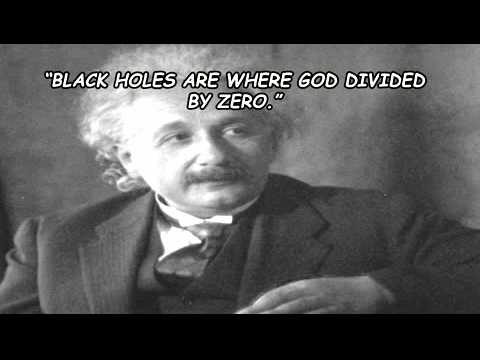


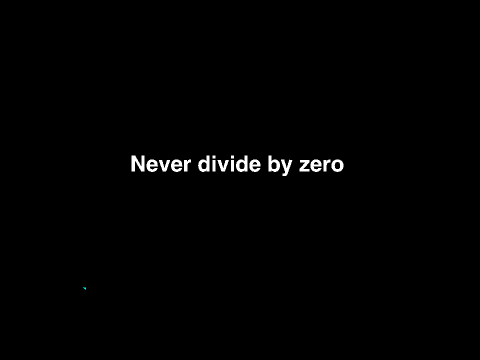
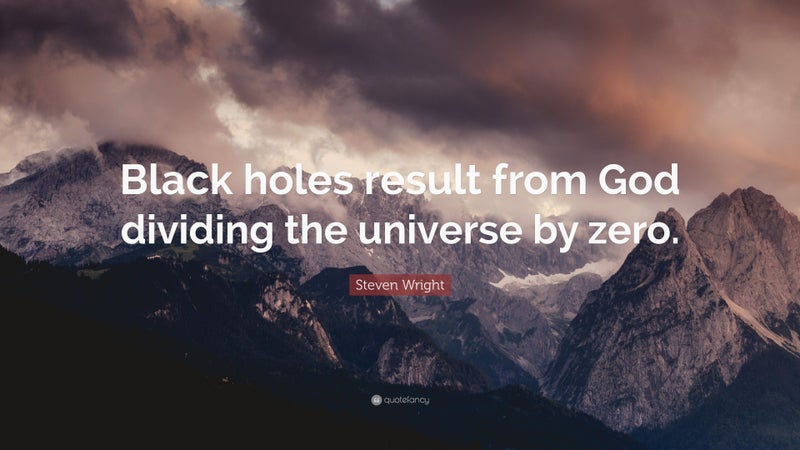



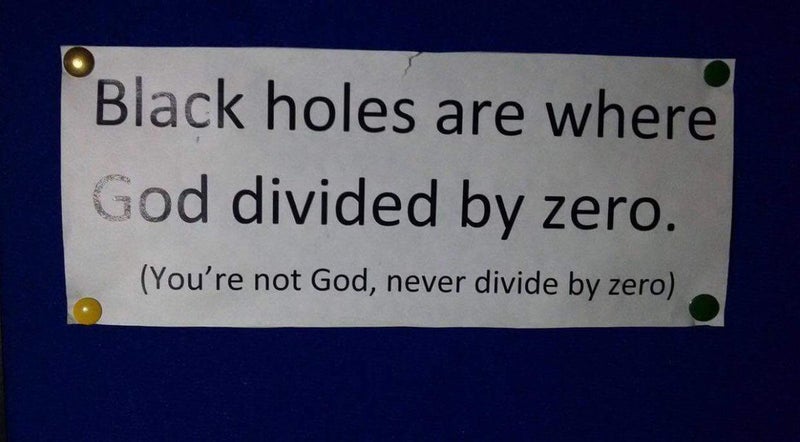
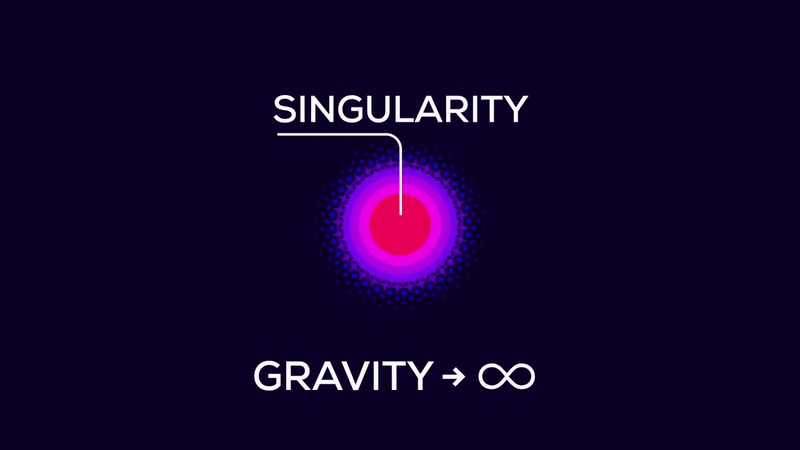




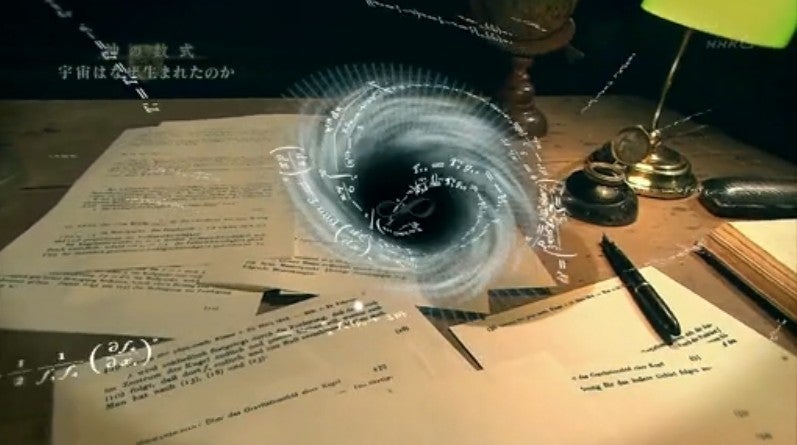


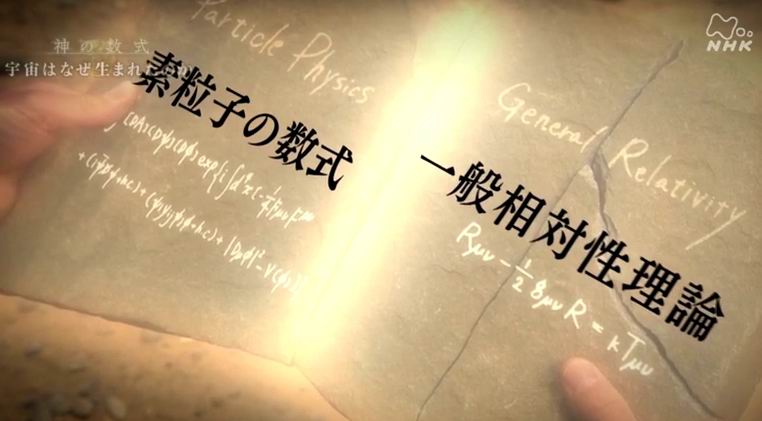





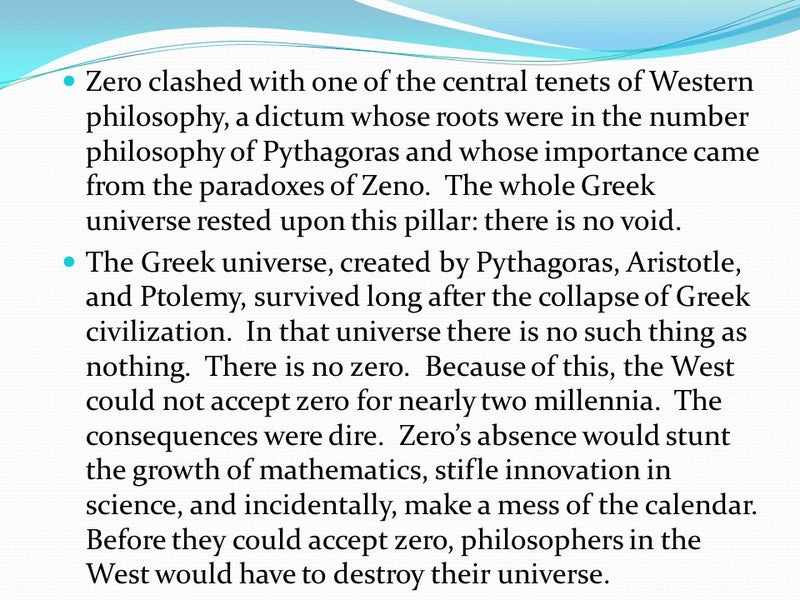






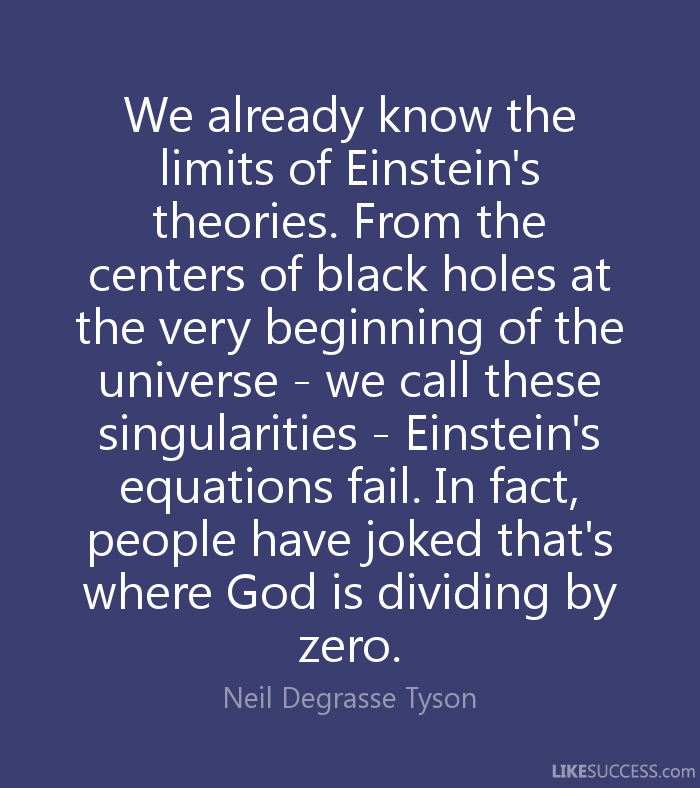


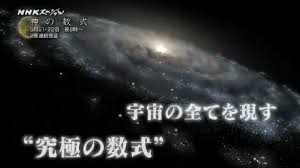


0 件のコメント:
コメントを投稿